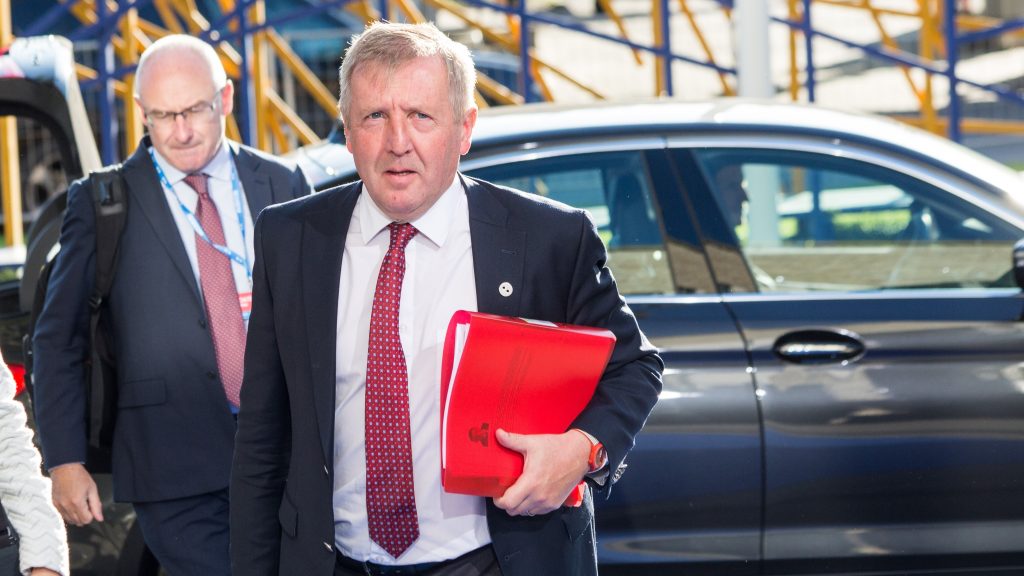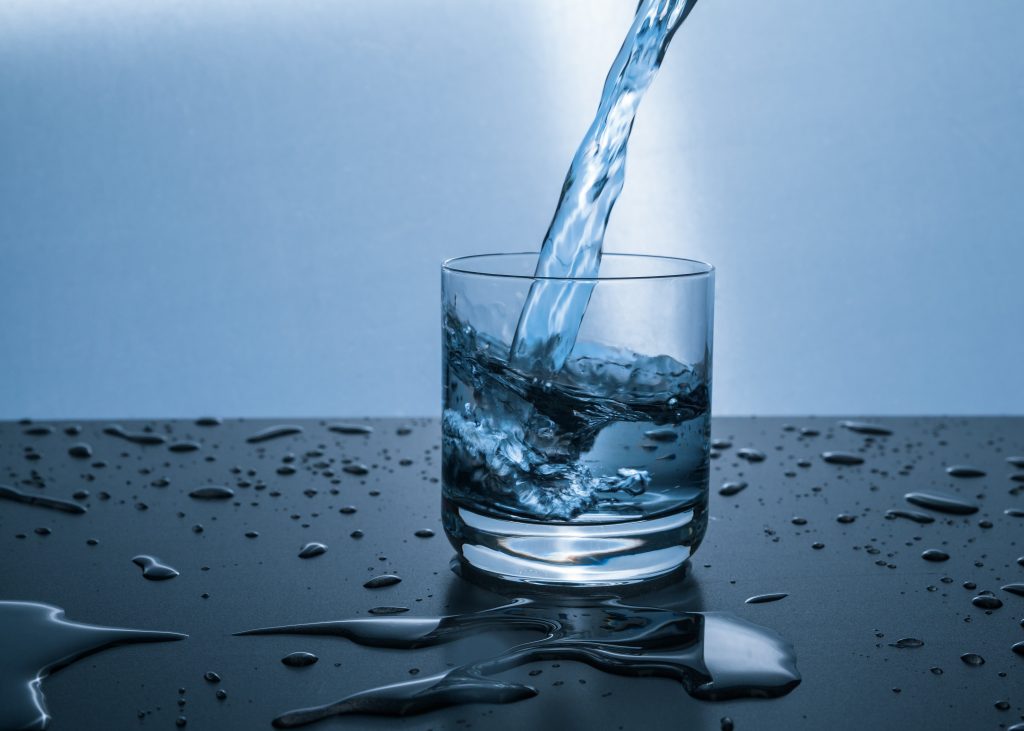EU action against Ireland over range of environmental issues

January 25th, 2019
The European Commission is taking action against Ireland for failure to comply with a range of environmental, biodiversity and marine obligations under EU law.
In its January package of infringement decisions, the Commission announced that it is pursuing Ireland for failing to fully transpose an EU Directive to reduce the risk of indirect land-use change linked with biofuel production.
Indirect land-use change occurs when agricultural land used for growing crops for food or animal feed is used for growing biofuel crops.
This, the Commissions said, increases the pressure to use other lands such as forests, wetlands and peatland to grow crops for food, leading to the release of more greenhouse gas emissions.
The Commission has issued Ireland with a reasoned opinion in this regard, the last stage before taking a Member State to the European Court of Justice.
The Irish State now has two months to reply to the concerns raised otherwise the Commission may decide to proceed to the next stage of the infringement process.
Ireland is also one of nine Member States to receive a letter of formal notice – the step prior to issuing a reasoned opinion – to improve on its implementation of the EU Regulation on Invasive Alien Species.
Under the Regulations, Member States had to introduce dissuasive penalties and to adopt specific lists of invasive alien species for those territories and inform the Commission accordingly.
The Member States in question, Ireland included, have failed to notify the Commission about their penalties or invasive species lists and have two months to reply to the Commission.

Michael Creed, Minister, Department of Agriculture, Food and Marine, Ireland
Photo: Aron Urb
Marine problems
Ireland is also in the dock for a failure to comply with the reporting obligations on the environmental status of marine waters under the Marine Strategy Framework Directive.
Under the Directive, states were required to update the assessment of the environmental status of their waters, the impact of human activities, and their environmental targets by 15 October 2018.
Ireland, together with France and Spain, failed to submit reports to the Commission by the required deadline and the Government has now been issued with a letter of formal notice.
The Commission also sent Ireland an additional letter of formal notice over a “number of instances of non-conformity and shortcomings” in our transposition of the Water Framework Directive.
Shortcomings include a failure to ensure that activities involving water abstraction are controlled through a system of prior authorisation and registration.
“Ireland is preparing new legislation to bring in controls for water abstraction, but this has not been adopted and communicated to the Commission yet,” the EU body said.
Last May, the Commission also warned Ireland over its failure to implement a points system for serious fisheries infringements.
Ireland was also warned for a failure to adopt programmes for the management of spent fuel and radioactive waste and for failing to adopt laws to take into account modifications of the Environmental Impact Assessment Directive.

Drinking water Photo: Pixabay
Water contamination case
Last August, the Commission opened an infringement case against Ireland for failure to ensure drinking water for over 500,000 consumers is safe from a chemical linked to cancer and other health issues.
The Commission sent a letter of formal notice to Ireland for failing to fulfil its obligations under the Drinking Water Directive by allowing excessive levels of Trihalomethanes (THM) in Irish drinking water.
According to the Commission, the Irish authorities had “not taken appropriate actions” to bring down THM values. The Commission is also pursuing the Irish state for failing to notify consumers of the health implications as required under the Directive.
The infringement proceedings have been taken on the back of a complaint and report compiled in 2011 by the environmental group, Friends of the Irish Environment (FIE).
The environmental group became aware of the extent of THM contamination in 2010 while investigating the impacts of industrial peat extraction on raised bogs in the Midlands.
[x_author title=”About the Author”]







